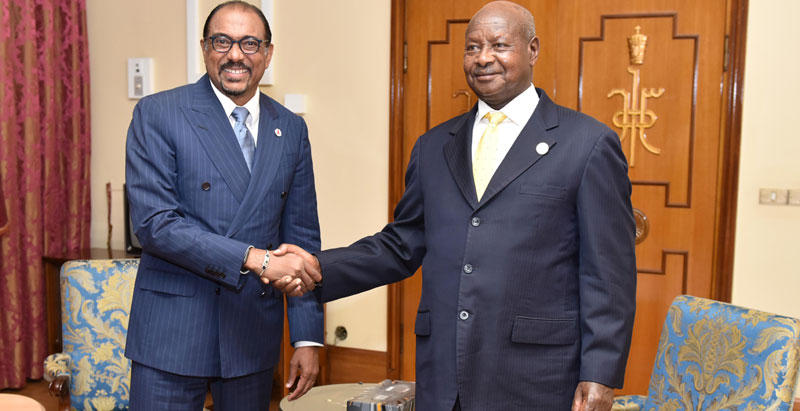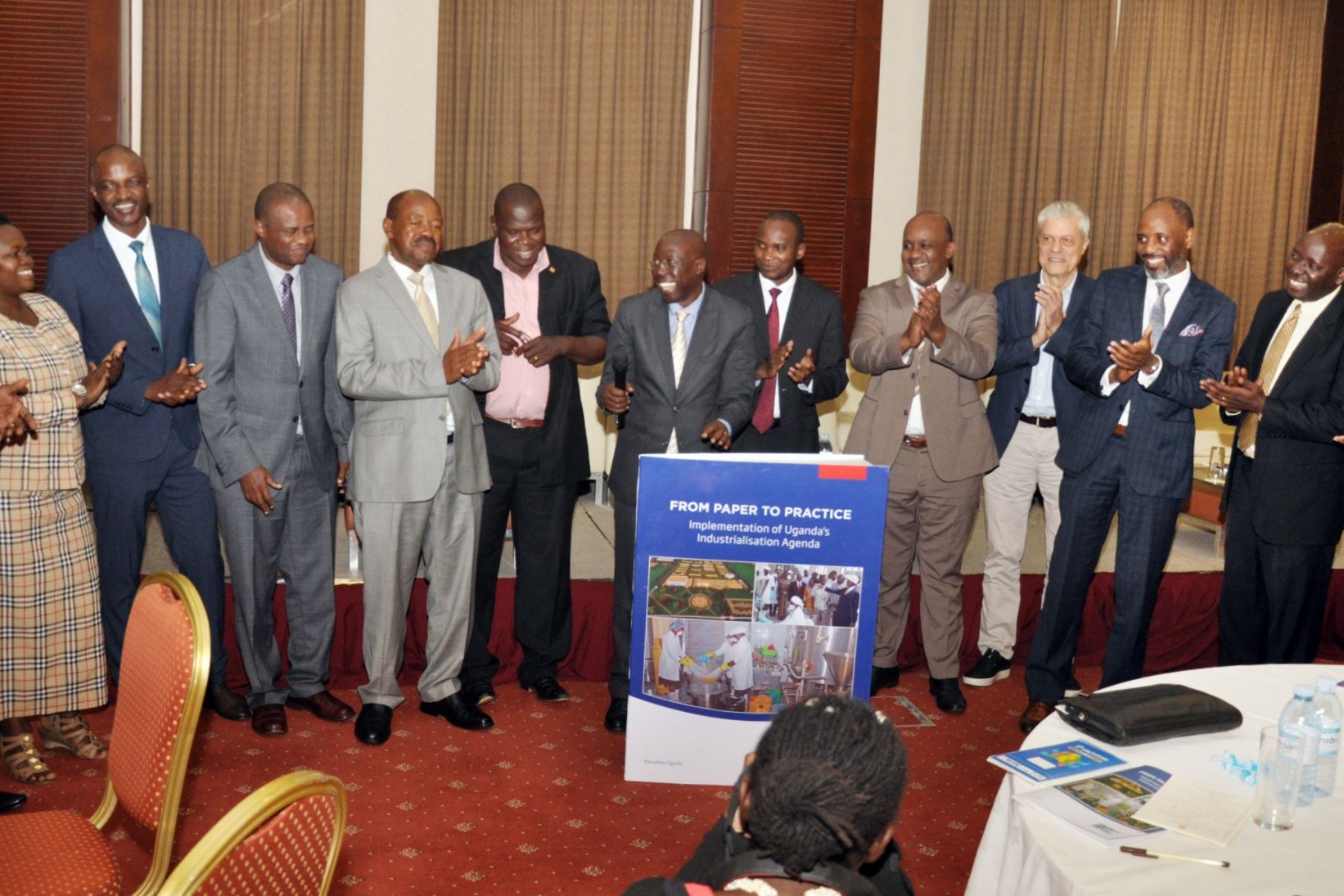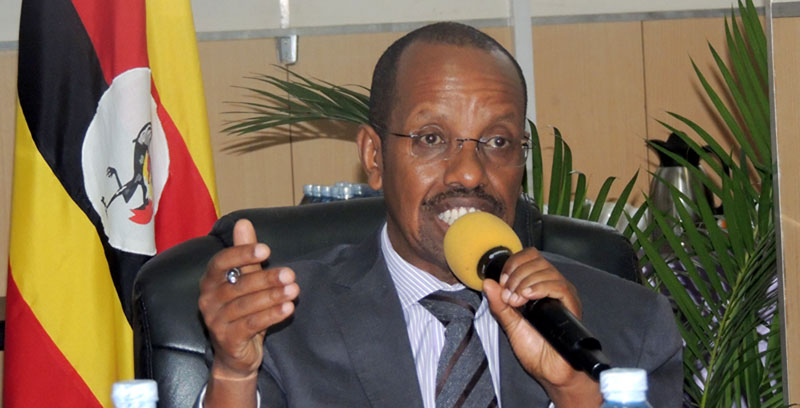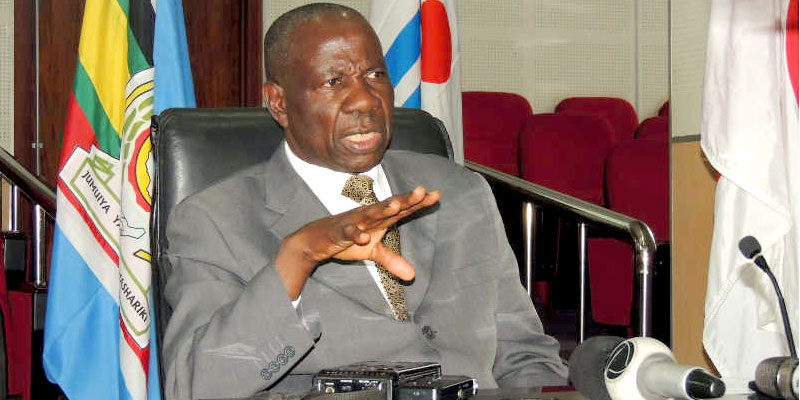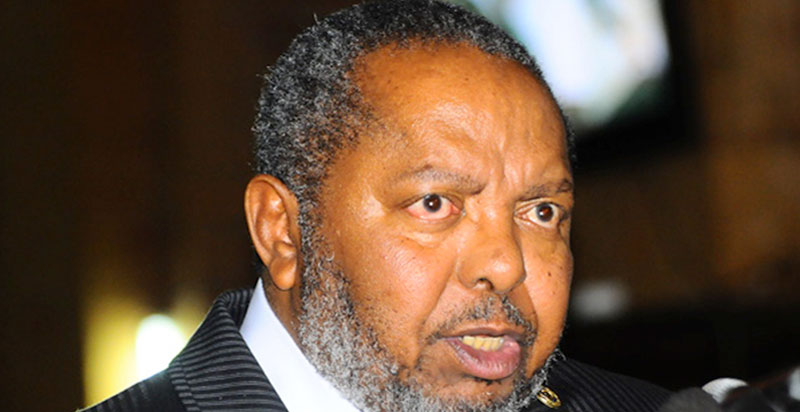The head of the United Nations AIDS Programme (UNAIDS) Dr. Michael Sidibe has appealed to President Yoweri Museveni to speak out more about the disease as new infections remain stubbornly high.
The top UNAIDS boss appears to have used diplomatic language to tell Museveni he is not doing enough to bring down the alarming level of new HIVAIDS infections in the country.
“We want you Mr. President to speak about the fight against HIV/AIDS. We want you to become a champion in the fight against HIV/AIDS in the world, where the President was last week attending the 28th African Union Ordinary Heads of Government meeting.
The comments from the UNAIDS chief mirror concerns aired by many in the AIDS fight that Uganda’s progress in the fight against the epidemic is very slow and threatens to continue undermining the country’s healthcare and overall development.
Dr. Sidibe told Museveni that: “Young girls are infected after sleeping with men aged between 25-40. They do not know if they are infected and they also infect young boys of their age. There is need for health education among the people particularly on HIV/AIDS, ” he said.
The above comments specifically capture the crux of Uganda’s faltering progress in the fight against HIV that has been associated with low levels of awareness, low levels of personal risk perception, high levels of patients not on ARVs, that have all conspired to lead to risky sexual behaviours.
Dr. Sidibe’s plea comes hot on the heals of the latest Uganda HIVAIDS country progress report 2015/2016 which indicated a higher prevalence of HIVAIDS among girls (3.75%) compared to (2.32%) boys aged between 15-24year old.
According to the 2014 UNAIDS data, 570 young girls and women contract HIV every week raising concern that the country may not achieve the 90-90-90 set by the UN and agreed to by Uganda.
The 90-90-90 goals are a set of ambitious targets to help end the AIDS epidemic. The state that by 2020, 90% of all people living with HIV will know their HIV status.
By 2020, 90% of all people with diagnosed HIV infection will receive sustained antiretroviral therapy and by 2020, 90% of all people receiving antiretroviral therapy will have viral suppression.
Viral suppression is when a person’s viral load – or the amount of virus in an HIV-positive person’s blood – is reduced to an undetectable level.
The strategy is an attempt to get the HIV epidemic under control and is based on the principal of universal testing and treating. Uganda recently unveiled its Test and Treat plan in which the government offered to put all those who test positive to HIV/AIDS on ARV treatment no matter the stage of the disease.
The central tenet of the Test and Treat approaches is that if one can identify people early on in their infection, and start treatment so they become virally suppressed, the onward transmission of HIV will be prevented and this will impact on HIV incidence at a population level.
Despite the commitment, the country progress report raises concerns about the very levels of awareness about the risks associated with the disease such as people’s low levels of understanding about the disease, high risk sexual behaviours, early sex debut and transactional sex among many other knowledge to action gaps on the disease.
Dr. Sidibe’s plea also appears to be trying to challenge the president to revive his 1990s efforts that saw his crusade about the disease.
For his efforts in openly speaking out about the HIV/AIDS pandemic in the 1990s, President Museveni received international praise because, as some have pointed out, he lifted the veil of stigma that was associated with the disease, at a time when most African leaders were in denial.
Although the country progress report noted a drop in new infections from 95,000 in 2014 to 83,500 in 2015, Uganda Aids Commission (UAC) who compiled it, observed that: “The current level of new infections is still very high, an indication that the country will continue to register high proportions of people with HIV.”
UAC called for innovative measures to reach the positives with higher efficiency.
The President assured Dr. Sidibe of his commitment to end the AIDS epidemic and said he would support all efforts in the fight against HIV/AIDS.

